Thousands of unregistered short-stay rentals in City of Sydney, report claims
There may be thousands of empty homes in the heart of one major city, but no one it seems has a handle on just how many.
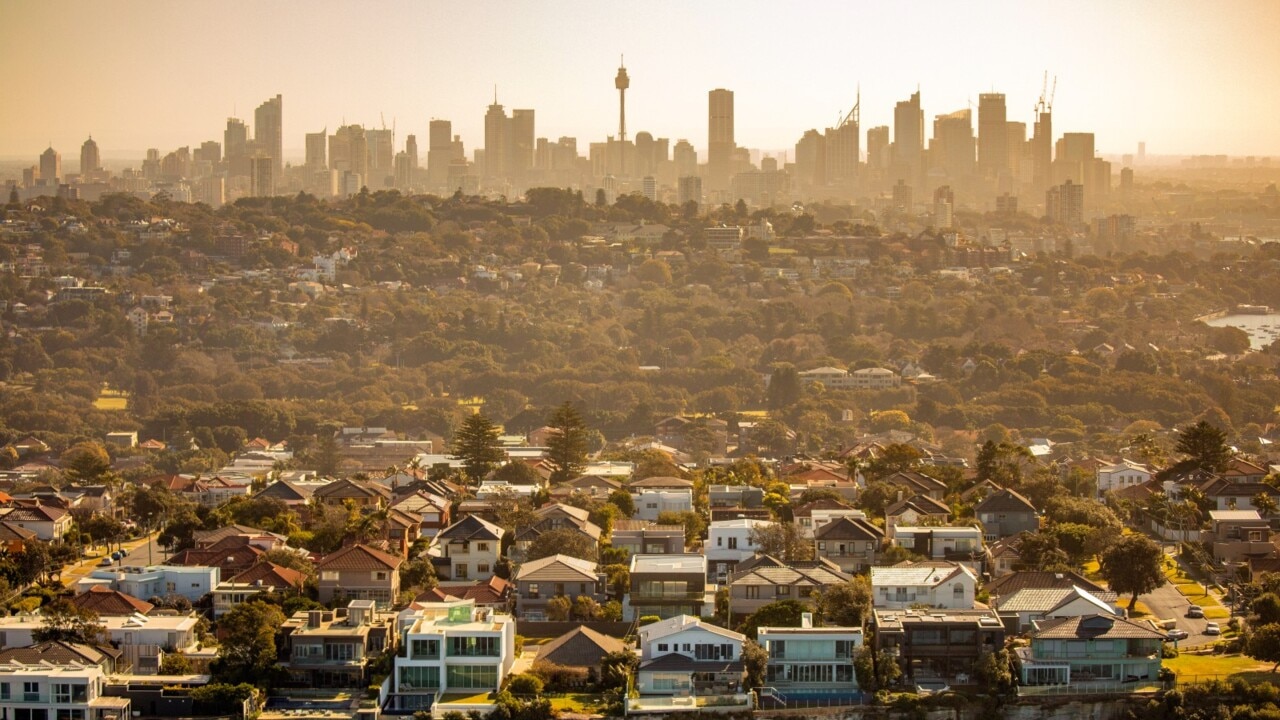
A report has revealed 3000 unregistered short-stay rentals are flying under the radar in the City of Sydney council area.
Major city councils, regional councils with high tourism numbers and state governments have been trying to crack down on short-stay rentals to ease the housing crisis for the past few years, though various regulations and schemes are just coming to fruition now.
The NSW government requires properties on short-stay platforms to be registered, but research commissioned by the City of Sydney has found about only 2500 of 5500 listings are registered.
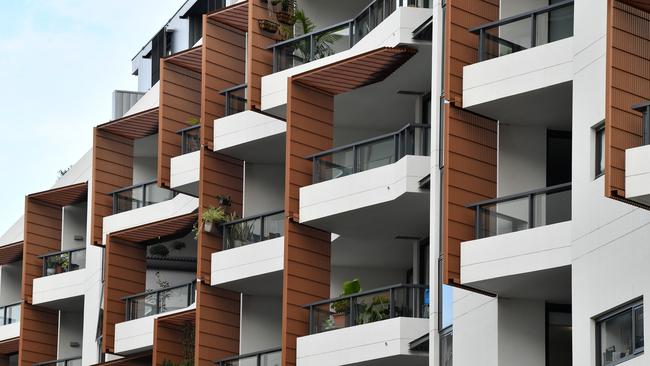
A short-stay rental keeps what could be a family home vacant for at least parts of the year, as intermittent short-term stays usually garner a better return for the owner than having a tenant in.
Brisbane City Council has just enacted a permit system for short-term rentals, and a Victorian government levy of 7.5 per cent on short-stay rental platforms comes into effect on January 1, 2025.
But Airbnb and the Australian and New Zealand Short Term Rental Association have called into question the Sydney data.

“It is disappointing the City of Sydney is using scraped data from a third party,” Airbnb Australian head of public policy Michael Crosby said.
“Relying on potentially flawed data could lead to misguided policy decisions that fail to address the actual state of the short-term rental market.
“Overestimating the number of rentals might prompt unnecessary regulations, while underestimating it could lead to insufficient oversight.”
The NSW Department of Planning, Housing and Infrastructure is unable to verify figures of unregistered short-term rental accommodation dwellings.
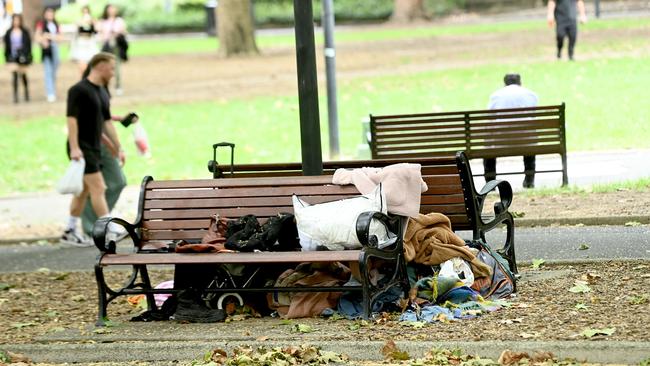
Registration costs $65 upfront, plus $25 a year, and puts the property on the radar under the state’s 180-day per annum short-stay cap.
The Sydney mayor wants the cap slashed.
“One hundred and eighty days is simply too long. Investors are making more money renting out their property for short periods, so there is no incentive to make those properties available as homes on the long-term rental market,” Lord Mayor Clover Moore said.
The mayor wants further restrictions on an owner’s non-primary place of residence being letted short term and the 180-day cap cut in half.
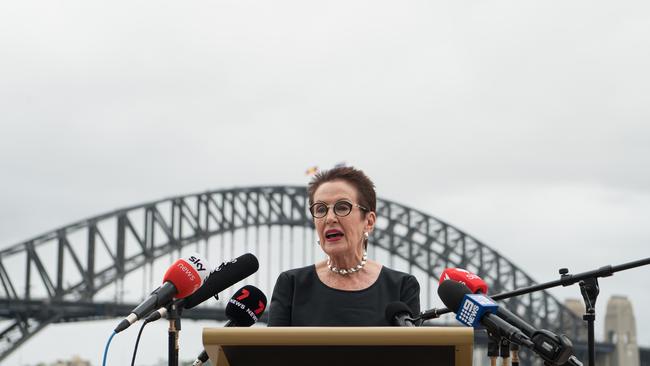
“Our concern is not hosted properties where someone might rent out their spare room occasionally or properties that are leased out while the resident has gone on holiday,” Ms Moore said.
“A balanced approach that distinguishes occasional short-term letting from commercial tourist accommodation is required to allow short-term letting under circumstances that don’t detrimentally impact rental accommodation supply.”
The NSW government is conducting a broad review of short-term rentals.
“We’re determined to do everything we can to tackle the housing crisis and put every part of the housing market under the microscope for options to encourage a greater supply of long-term rental accommodation,” Housing Minister Rose Jackson said earlier this year.
“This review will inform our approach to make better use of all forms of housing, including short-term rentals, vacant property and holiday homes.”
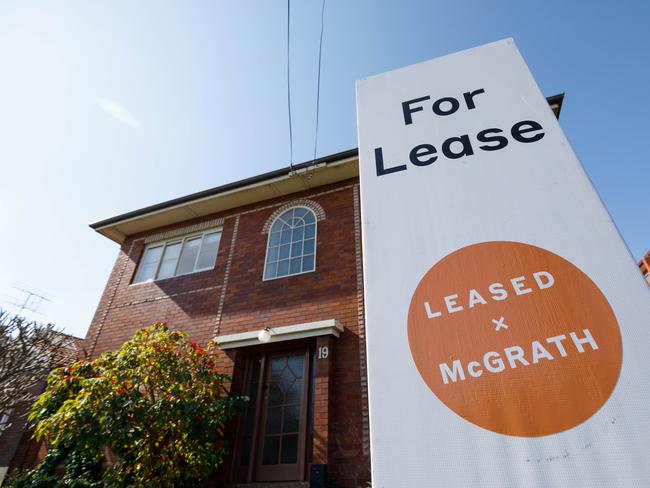
The Brisbane council this week announced a permit scheme. A property needs to have planning approval, body corporate support and a 24-7 property manager to be listed.
Rates on short-stay rentals were already elevated in Brisbane, and the new scheme jacks them up again.
“They’re not using the house for standard residential purposes, they’re using it effectively for a business purpose,” Mayor Adrian Schrinner said.
“And so we’ve linked the rates then to more commercial rates.”
Western Australia has cash to throw at the problem. The WA government announced a register last year, new planning approval rules for properties in the Perth metro area, and a $10,000 incentive to put a property back into the long-term rental market.
To get the $10,000, an applicant needs to give the new tenant a 12-month lease and rents are capped based on regions.
In introducing the scheme, Commerce Minister Sue Ellery said the number of short-term rentals was murky, world over.
Two of the biggest short-term rental platforms, Stayz and Airbnb, have been broadly supportive of registers because of the clarity and data it provides but argued against capping the total allowable nights per year.



